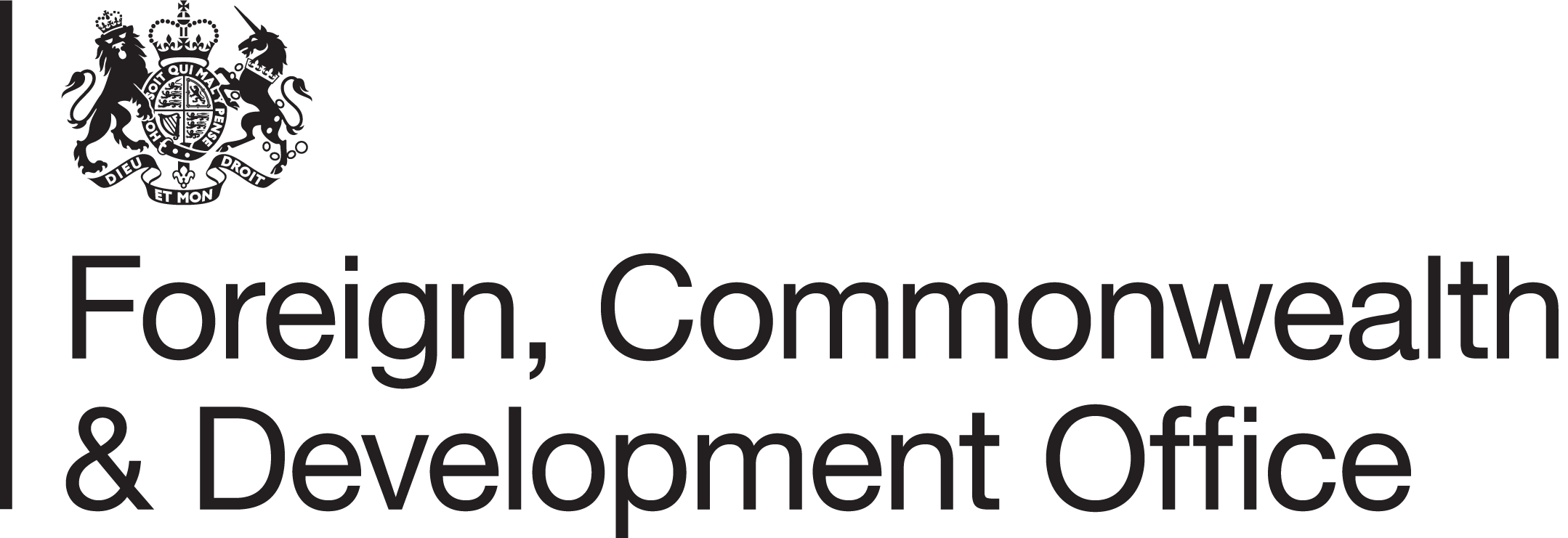Gender and Adolescence: Global Evidence (GAGE)
Gender and Adolescence: Global Evidence (GAGE) is a nine-year (2015-2024) mixed methods longitudinal research and evaluation study. It follows the lives of 18,000 adolescents in six low- and middle-income countries in Africa (Ethiopia and Rwanda), Asia (Bangladesh and Nepal) and the Middle East (Jordan and Lebanon).
GAGE is generating evidence on ‘what works’ to enable adolescent girls and boys to emerge from poverty and fast-track social change for young people, their families and communities. It aims to explore what strategies are most effective in transforming girls’ and boys’ lives at specific junctures in adolescence.
The GAGE consortium, managed by the Overseas Development Institute (ODI), includes 35 partner organisations from around the world known for their expertise in research, policy and programming in the fields of adolescence, gender and social inclusion. GAGE is funded by UK aid from the UK government.
Visit the GAGE website for further information.
Staff
-
Nicola Jones
Principal Research Fellow
-
Caroline Harper
Director, Gender Equality and Social Inclusion programme, Principal Research Fellow
-
Caroline Spencer
GAGE Operations and Partnerships Manager
-
Fiona Samuels
Senior Research Fellow
-
Maria Stavropoulou
Senior Research Officer
-
Muriel Kahane
Strategic Learning Manager
